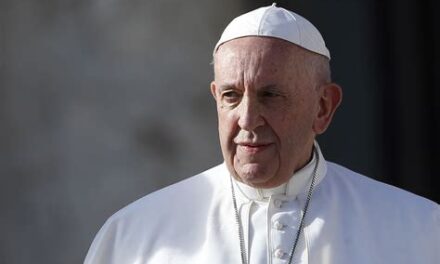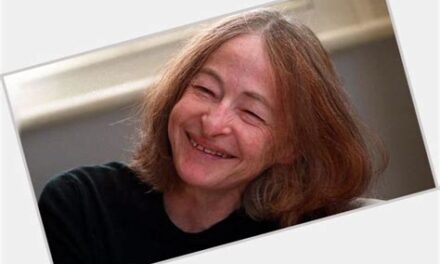In his marvelously energetic September 17th column, Rev. Philip De Vous asks the salient question, “Why are so many prelates and priests so unmanly and afraid of a confrontation and a fight?” Inquiring minds want to know, though some have the not unreasonable fear that it wouldn’t much matter if they did.
He performs real public service, pointing out that the Church, through the USCCB and its apparatchiks, has become corrupted by a morally compromising addiction to public money. The addiction is evident to anyone with eyes to see: as is the corruption.
However in making his case, he wrongly dismisses as mere smokescreen their repeated warnings that the Church could be in danger of losing its tax-exempt status. This dismissal is neither true nor prudent, as I detail below. In addition, I think he makes another crucial error in overlooking the possibly deeper and more disturbing cancer of clericalism coiled around human psychology.
“It is . . . it is going to be an issue.”
With these words the Solicitor General of the United States, Donald Verrili, informed the Supreme Court that religious liberty would be under threat if the Court found a right for homosexual marriage (Obergfell v. Hodges 2014).
Chief Justice Roberts asked: “Would a religious school that has married housing be required to afford such housing to same-sex couples?”
The U.S. Solicitor General, Verilli, didn’t soften the threat saying only that there were no current federal laws banning such discrimination. Then regarding the states and their postures he added that they will “work out the balance between their civil rights laws . . . and . . . what kinds of accommodations they . . . allow under State law.” That . . . different states could strike different balances.”
So the best scenario is that religious institutions might be allowed accommodation! This strictly implies that they might not. We have stumbled down a long and winding road from free exercise of religion, the first right of the First Amendment, to possible permissions by unreliable, unprincipled and often prejudiced legislators and judges.
Next, and with absolute specificity, Justice Samuel Alito asked Verrilli about the tax-exempt status for religious institutions.
Verrilli answered, “You know, I — I don’t think I can answer that question without knowing more specifics, but it’s certainly going to be an issue. I — I don’t deny that. I don’t deny that, Justice Alito. It is — it is going to be an issue.” No one can take issue with that, stuttering, assertion.
Refreshingly, Sen. Mike Lee (R-UT) anticipated Associate Justice Anthony Kennedy’s dainty Obergefell danse-fantasie toward homosexual marriage rights and that it would usher in an assault on the tax-exempt status of churches. In June 2015 Lee introduced the First Amendment Defense Act, Senate Bill S 1598. It has been read twice in the Senate and forwarded to the Senate Judiciary Committee as well as to the House Committee on Ways and Means.
As of this writing its fate is uncertain but it is unlikely to move before next year. Counterbalancing that, one would not expect a move against the churches either, though bets would be off in the event of a Clinton victory abetted by a customarily supine Congress and judiciary.
Clearly the future of tax-exemption is a real issue, not a smokescreen any longer – if it ever was. In the face of such naked threats, De Vous asks, “How many African-American congregations have suffered a revocation of their exemption when they regularly have candidates preaching from their pulpits? NONE.”
True enough, however, the obvious reply is that for now they bask in the glow of untouchable diversity. One wonders how long that might last.
Loss of government money partially explains the USCCB fear of a fight yet there is more. Even were pews full and congregations generous, clerics and their hangers-on are human, indulging human failings with the same secrecies or gusto as other men.
On this head, many USCCBers are dedicated political progressives who mistake failed government programs and picking taxpayers pockets with performing the Corporal Works of Mercy. Refresher or improved catechizing is indicated.
But there is more and it’s especially important for the Church’s inner life. Some bishops and apparatchiks – who might have to find other lines of work should public money dry up – thrive on the modest prestige and the euphoric feeling-like-players that rubbing shoulders with government officials who direct largesse their way can engender. And this clouds their judgments for it is a conflict of interest.
They might believe that they can influence policy for the better and maybe they’re occasionally right. And yet the desire for social acceptance by peers and by those with whom one wishes peerage is a potent temptation. In the right cause it can aid personal improvement but in a wrong cause or for a wrong desire it is corrupting.
And that, I fear, is more widespread that it is comfortable to contemplate.














